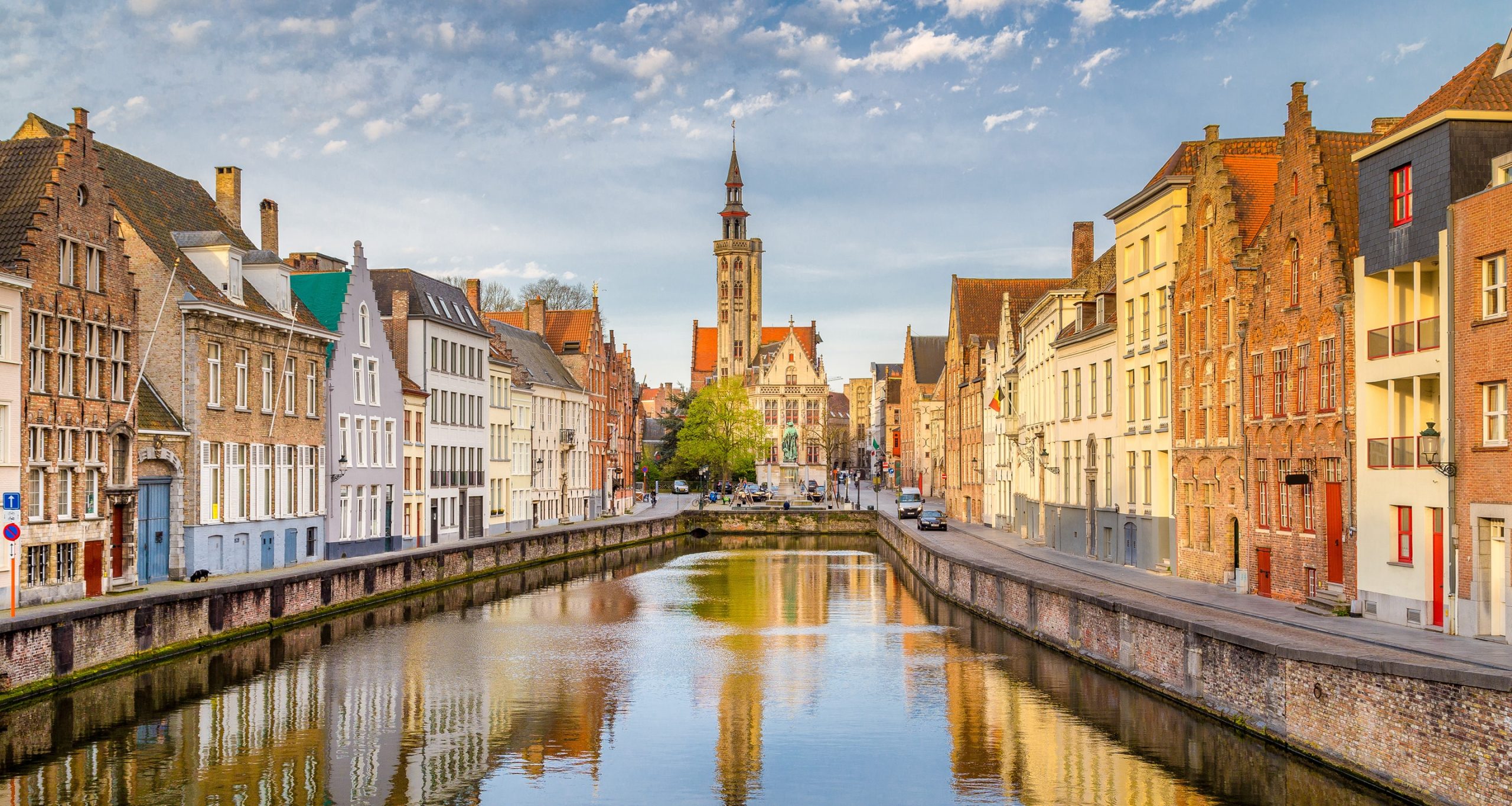Bruges is a Belgian historic city at the North Sea with 120K inhabitants.
In the early Middle Ages, Bruges developed into an international and bustling trading city with its own port, made possible by its favourable location and connection with the sea. At the same time, the fortified town became a powerful political stronghold, thanks to the presence of the Flemish Counts, who ruled over the County of Flanders. In the 13th century, Bruges was the leading trade centre of northwestern Europe. Merchants from all over Europe settled in the city and the world’s first ever stock exchange was founded in Bruges. During the First World War, Zeebrugge became the operational base for the German submarine fleet, coordinated from their headquarters on the Market Square in Bruges. Fortunately, both world wars left the historic city centre virtually unscathed, making Bruges increasingly appealing to visitors and culture-lovers alike. Its beauty and attraction were confirmed in 2000, when UNESCO classified the entire medieval inner city as a world heritage site. The rest, as they say, is history.
Cities2030 partner organizations participating in Bruges CRFS Lab
Within the framework of Cities2030, the region of Bruges is represented by two project partners. Their collaboration is built upon the shared understanding that each one contributes with their available resources and expertise for the successful implementation of the project. Bruges is the only regional Cities2030 partner in Belgium but has the ambition to share and multiplicate our outcomes with other cities in Belgium. In terms of living lab activities 4 partners (City of Bruges, Ruddersstove, Mintus and VIVES) will be working closely together with many partners of the foodservice and care network in and around Bruges.
The partners representing Bruges (BRU, P03) which consist of The city of Bruges, Ruddersstove mealcare and Mintus elderly care. This collaboration aims to connect the existing policy lab and food strategy of Bruges with the execution on a daily base.
Katholieke Hogeschool VIVES Zuid (VIVES, P4), is a college University within the region West-Flanders. Within the living lab they offer support and expertise from two expertise centres linked to Vives, namely Agro- and Biotechnology and Social Innovation.

